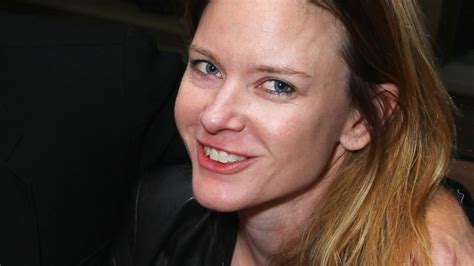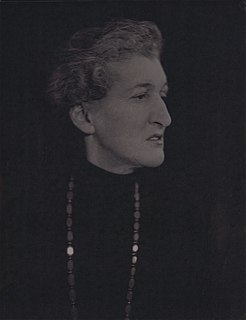A Quote by Hannah Arendt
Exasperation with the threefold frustration of action -- the unpredictability of its outcome, the irreversibility of the process, and the anonymity of its authors -- is almost as old as recorded history. It has always been a great temptation, for men of action no less than for men of thought, to find a substitute for action in the hope that the realm of human affairs may escape the haphazardness and moral irresponsibility inherent in a plurality of agents.
Related Quotes
But in practical affairs, particularly in politics, men are needed who combine human experience and interest in human relations with a knowledge of science and technology. Moreover, they must be men of action and not contemplation. I have the impression that no method of education can produce people with all the qualities required. I am haunted by the idea that this break in human civilization, caused by the discovery of the scientific method, may be irreparable.
Direct action against the authority in the shop, direct action against the authority of the law, direct action against the invasive, meddlesome authority of our moral code, is the logical, consistent method of Anarchism. Will it not lead to a revolution? Indeed, it will. No real social change has ever come without a revolution. People are either not familiar with their history, or they have not yet learned that revolution is but thought carried into action.
[Action's] a Western thing. We think of the hero going into battle, rebelling against a government or an oppressor, but [in KUNDUN] action is nonaction or what appears to be nonaction. That's a hard concept for Western audiences. . . . We wanted to show a kind of moral action, a spiritual action, an emotional action. Some people will pick up on it; some won't.
Meetings are held because men seek companionship or, at a minimum, wish to escape the tedium of solitary duties. They yearn for the prestige which accrues to the man who presides over meetings, and this leads them to convoke assemblages over which they can preside. Finally, there is the meeting which is called not because there is business to be done, but because it is necessary to create the impression that business is being done. Such meetings are more than a substitute for action. They are widely regarded as action.







































